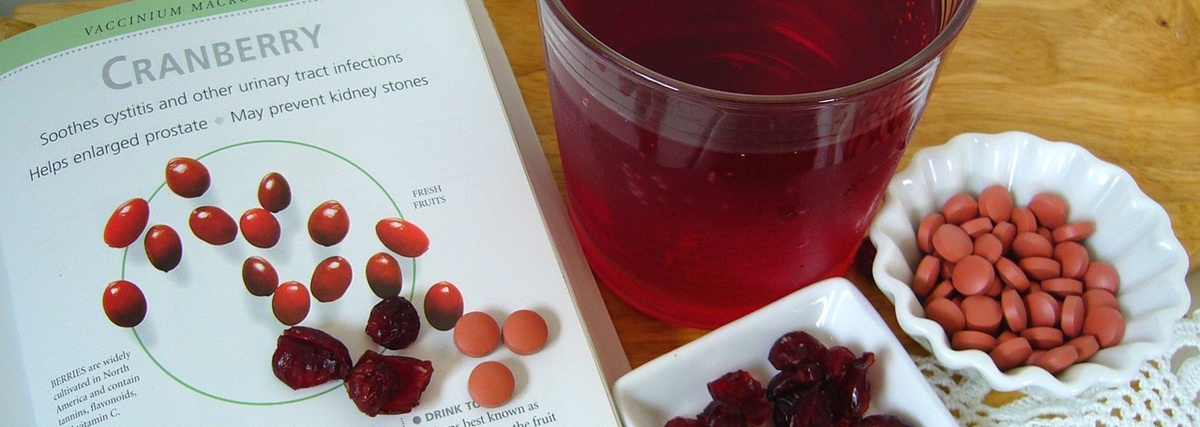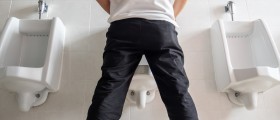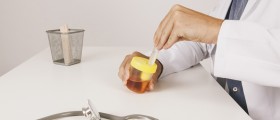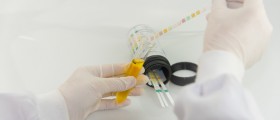Prostate
Sperm is not just sperm cells. Most of it is fluid that is used to transport sperm cells. This fluid is called seminal fluid and is secreted by a gland located just under the bladder, which surrounds the urethra (the channel through which both urine and sperm are released out of the body).
Infections
Trouble with the prostate is that it is connected to the urethra and thus susceptible to all urinary tract infections or bacterial infections, as bacteria from the bladder and urethra can creep in it through prostate ducts. Prostate infections are known as prostatitis and usually affect men between thirty and fifty years of age but are present in older men as well.

It is estimated that 6% to 8% of the male population suffers from prostatitis and that half of all men will get prostatitis at some point in life. Prostatitis is the most common diagnosis in urology in men under 50.
There are four types of prostatitis. Two types, acute and chronic bacterial prostatitis, are caused by infection. The other two types, chronic abacterial (this means no bacteria are involved) prostatitis and prostatodynia (pain in the prostate) are of unknown origin. Strange as it sounds after these facts, prostatitis is not a well-understood and poorly-studied problem.
Home remedies for Prostate Infections
There are ways to cure prostate infections at home. For example, maintaining an adequate level of vitamins A, C, E, and K and minerals such as zinc and selenium can prevent infection from starting in the first place and improve the general condition of the prostate. Bacteria dislike acidic environments, so you may use foods such as cranberry juice to acidify urine.
Numerous green vegetables have high levels of antioxidant substances that support and reinforce the immune system, thus helping to fight bacteria naturally. Sterols found in some plants show beneficial effects on the prostate. These are available in the form of herbal supplements. Be aware that there are false supplements that will not do the job.
Although natural remedies can help, not all cases can be effectively cured with nothing else. Check up with your doctor to see if you need something extra to fight infection, such as antibiotics. Symptoms such as pain or burning during urination, difficulty maintaining a urine stream (this might require the application of a catheter, hardly a thing to do at home by yourself), fever, and fatigue, indicate that you should visit your doctor.
- The most predictive symptoms are nocturia and changes in urinary flow stream. An enlarged prostate and LUTS together form complex symptoms. Firstly, there is a static component, which is the direct bladder outlet obstruction (BOO) from the enlarged tissue. Secondly, there is a dynamic component from the increased smooth muscle tone of the bladder neck.
- This review focuses on herbal drugs that are most widely used in the treatment of BPH, including pumpkin seed, willow herb, tomato, maritime pine bark, Pygeum africanum bark, rye pollen, saw palmetto fruit, and nettle root, highlighting the latest results of preclinical and clinical studies, as well as safety issues. In addition, the pharmaceutical care and other therapeutic options of BPH, including pharmacotherapy and surgical options, are discussed, summarizing and comparing the advantages and disadvantages of each therapy.
- Clinical trials suggest a benefit of nettle extract for men with milder forms of BPH. First, the effectiveness of a root extract (600 mg, 2 times/days/20 weeks) was demonstrated in the multicenter study of 4051 patients in various stages of BPH. Friesen reported the results in a multicenter long-term study for a total of 4480 patients who received nettle extract for 224 days on average, at doses of 600 mg twice/day for 3 months and then 600 mg daily during the remaining time. The extract improved urinary symptoms associated with BPH in 78% of patients after 3 months and in 91% of patients after 6 months.
- Another randomized and double blind clinical study compared the effect of the aqueous root extract to placebo group. The dose was 120 mg; the patients used the root extract 3 times per day, for 6 months. Thanks to the treatment, the symptoms were relieved compared to the placebo group. The prevention effect of the treatment was identified after 18 months as well.

















Your thoughts on this
Loading...